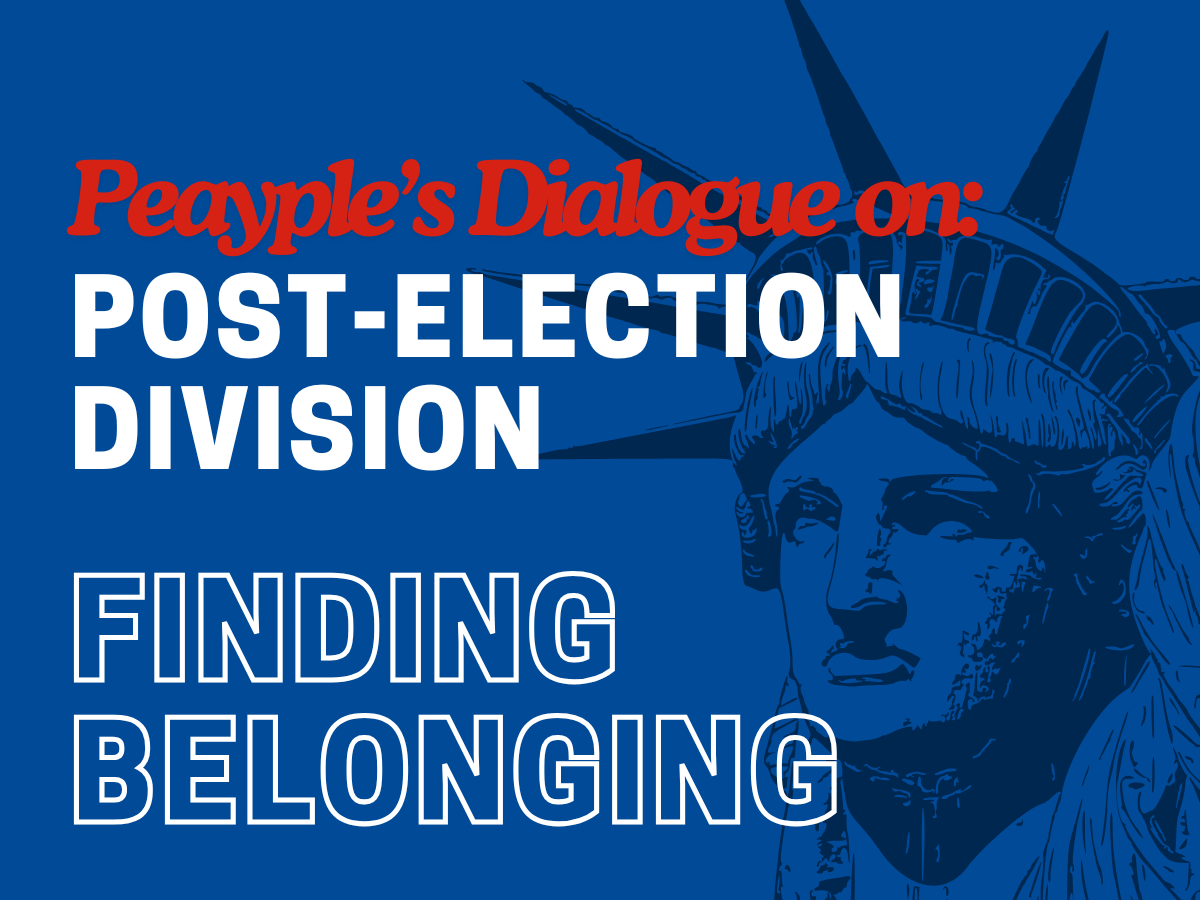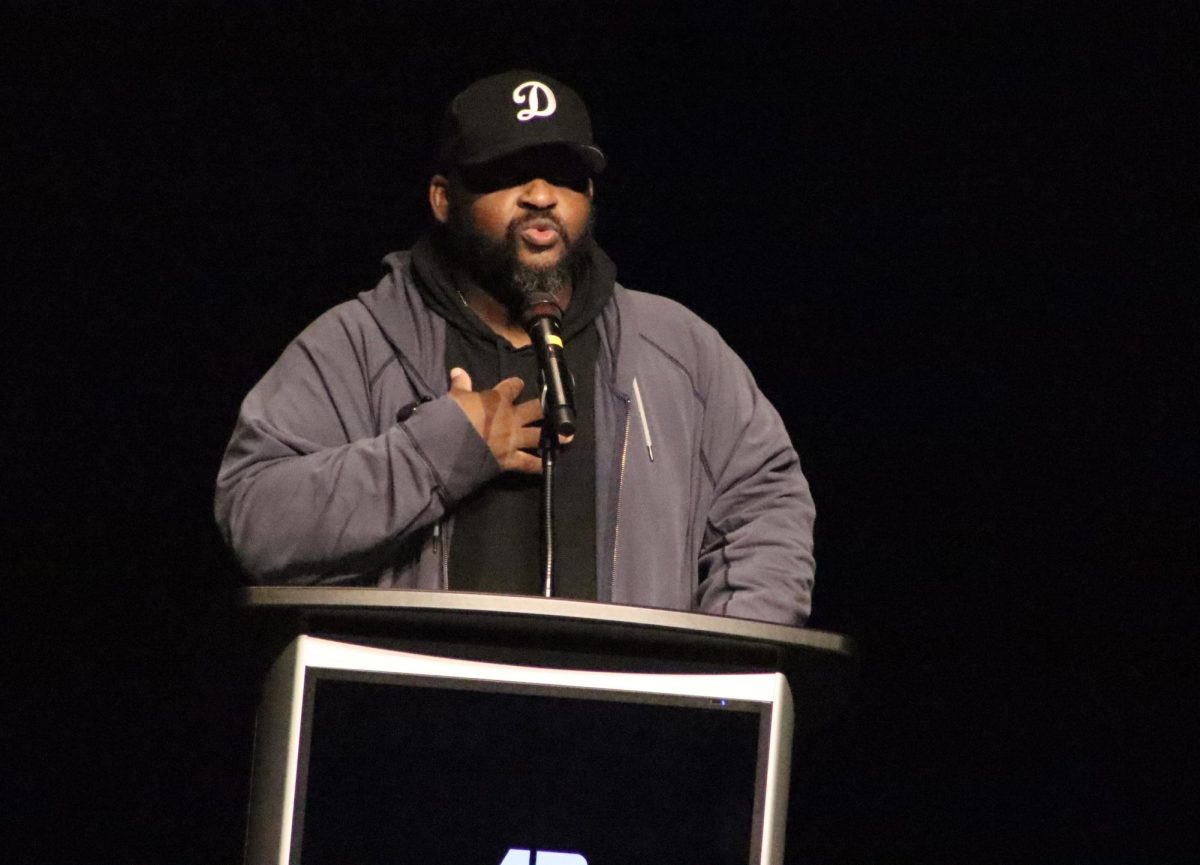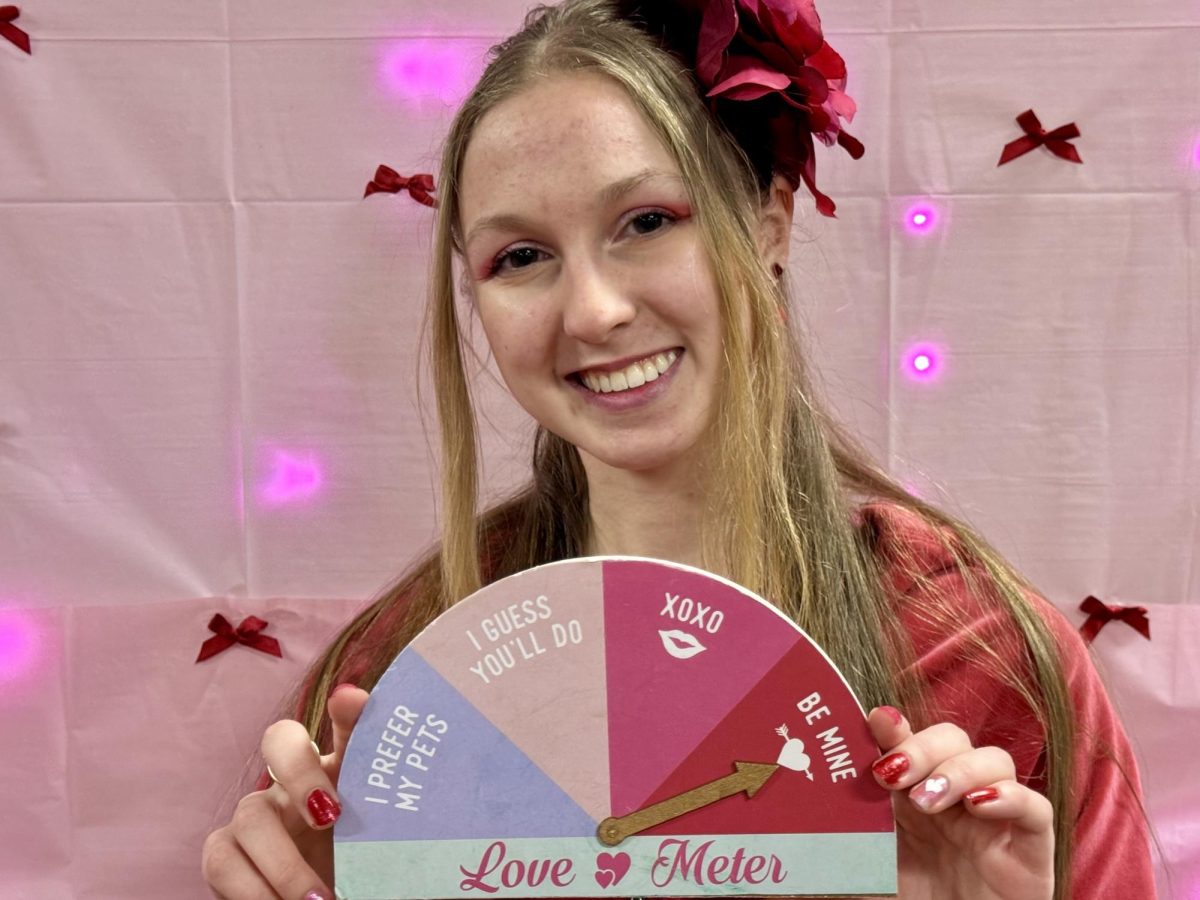The modern political climate of the United States has become increasingly divisive over the past three elections, especially the most recent one.
Anyone who was in the public sphere in the days leading up to this past election on Nov. 5, 2024, was probably asked at some point who they were voting for. Unfortunately, your answer probably made some people look at you differently for your political beliefs. Everyone was consumed with the battle between Donald Trump and Kamala Harris. No one cares why you voted the way that you did. They only care if you voted the same way they did.
This is an increasingly concerning level of partisanship between the Republicans and Democrats, between Trump supporters and Kamala supporters. In many cases, it was more a debate over if you wanted Trump back in office or never to touch foot in office again.
It wasn’t an argument of who is more qualified, just an argument of whose opponent sucks more. The election campaigns have been filled with mudslinging at center stage, and political debate has been completely replaced with the rising rhetoric of moot points.
Nonetheless, the opposing rhetoric worked. In a country where no one seems to have solutions but can only see that problem in their opponents, the finger-pointing of this year’s presidential candidates created a perfect platform for division.
The results of the election didn’t help either.
The heightened political bullshit, fear-mongering and abrupt cockiness from both sides of the aisle only amplified the negative emotions of the people for the sake of opposing personal agendas signed under a political guise, all while rushing back the upset feelings from the past two elections.
Following current events over the past eight years has sewn a compelling yarn: Division is the name of the story, and issues that affect all of us have become the messed up pawns to widen the chasm. We’ve seen controversy stem up everywhere in the roots of concern with the COVID-19 pandemic response, the Black Lives Matter movement, the war in Ukraine, the Israel-Hamas War and much more.
All of these issues have been pushed to the people of the United States to form their own, often uneducated, opinions that make it even easier to fall for all of the political rhetoric without researching the issues ourselves.
With all of this political tension and division, especially post-election, it has become increasingly important to find unity and belonging. This idea of belonging was discussed in great detail at the most recent Peayple’s Dialogue. Hosted on Wednesday, Nov. 13, 2024, at 3 p.m., the event saw a panel of four speakers discuss how this can be achieved and the importance of brave spaces for open dialogue about these issues.
The speakers on Wednesday featured guest speaker Terrell Strayhorn of Virginia Union University, Austin Peay State University’s College of Behavior and Health Sciences Dean Dlynn Williams, APSU Student-Athlete Advisor Committee representative Richard Lebron and APSU Associate Vice President of Campus Engagement Lindsey Gilmore.
At the panel, the speakers discussed how the election process works, the hierarchy of needs in relation to the post-election political climate, addressed questions from attendees and viewers and identified resources available to members of the campus community that could be important in finding belonging post-election.
Resources:
- The Belonging Lab, hosted by Strayhorn, is a collection of accessible blogs, studies and podcasts dedicated to the idea of belonging as a human need and why that matters.
- CAFE Teaching Resources, short for the Center of Advancement for Faculty Excellence, offers dynamic programs to shape an engaged and diverse faculty here at APSU.
- APSU Reporting Mechanisms that allow for the campus community to offer input to maintain APSU’s missions and values, such as unity and belonging.
For those interested in watching the full Peayple’s Dialogue, it can be viewed here.







